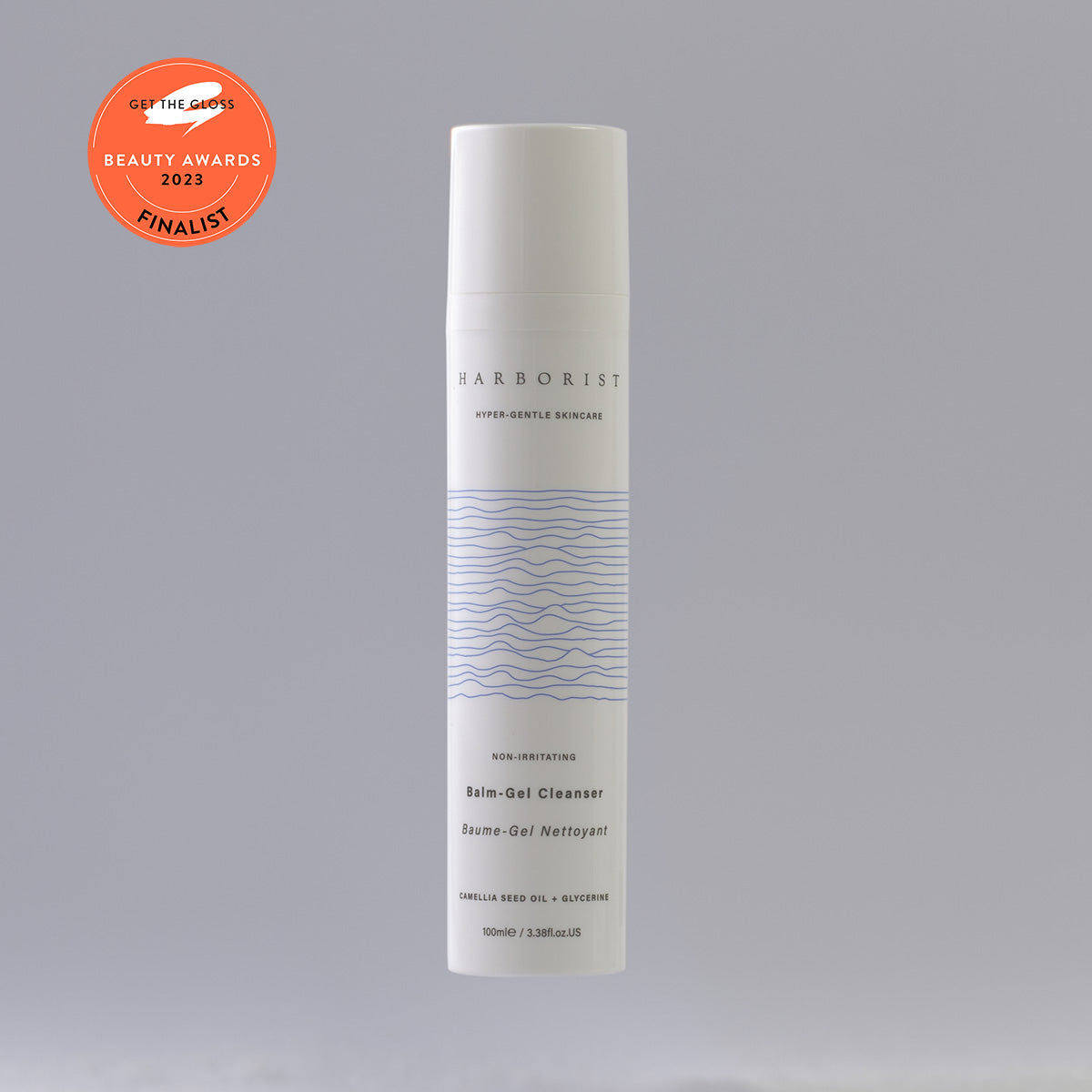Often the difference between a lab-made ingredient and a plant extract or oil is that one is complex, and the other simple.
In contrast to something like squalane, plant oils are complex. That complexity is the result of the longest iterative experiment in action - evolution. And while we’re seeing ever-higher percentages of actives in skincare, evolution tends to be prudent. It'll provide a sprinkling of extras like antioxidants, sterols and polyphenols. Just enough to help protect the plant from the environment, and often in combinations that complement each other.
This is where more 'whole' plant materials can excel. Recreating this complexity in a lab would be difficult - a point I think (but may be wrong) made on a podcast with cosmetic chemist Lorna Radford.
On the other hand, human-made discoveries are beautiful in a different way.
For example, biotechnology uses living cells like yeast, microbes and enzymes to create new materials. It means we can have vegan versions of materials previously derived from animals, like bio-identical antioxidant Superoxide Dismutase and hyaluronic acid.
We add simple materials like this when we know exactly how much of a specific thing we want for benefit or function.
By thoughtfully combining the complex with the simple, we can take the best of human and evolutionary success stories, so you can apply them to your skin.
Photo by Zane Priedīte on Unsplash


